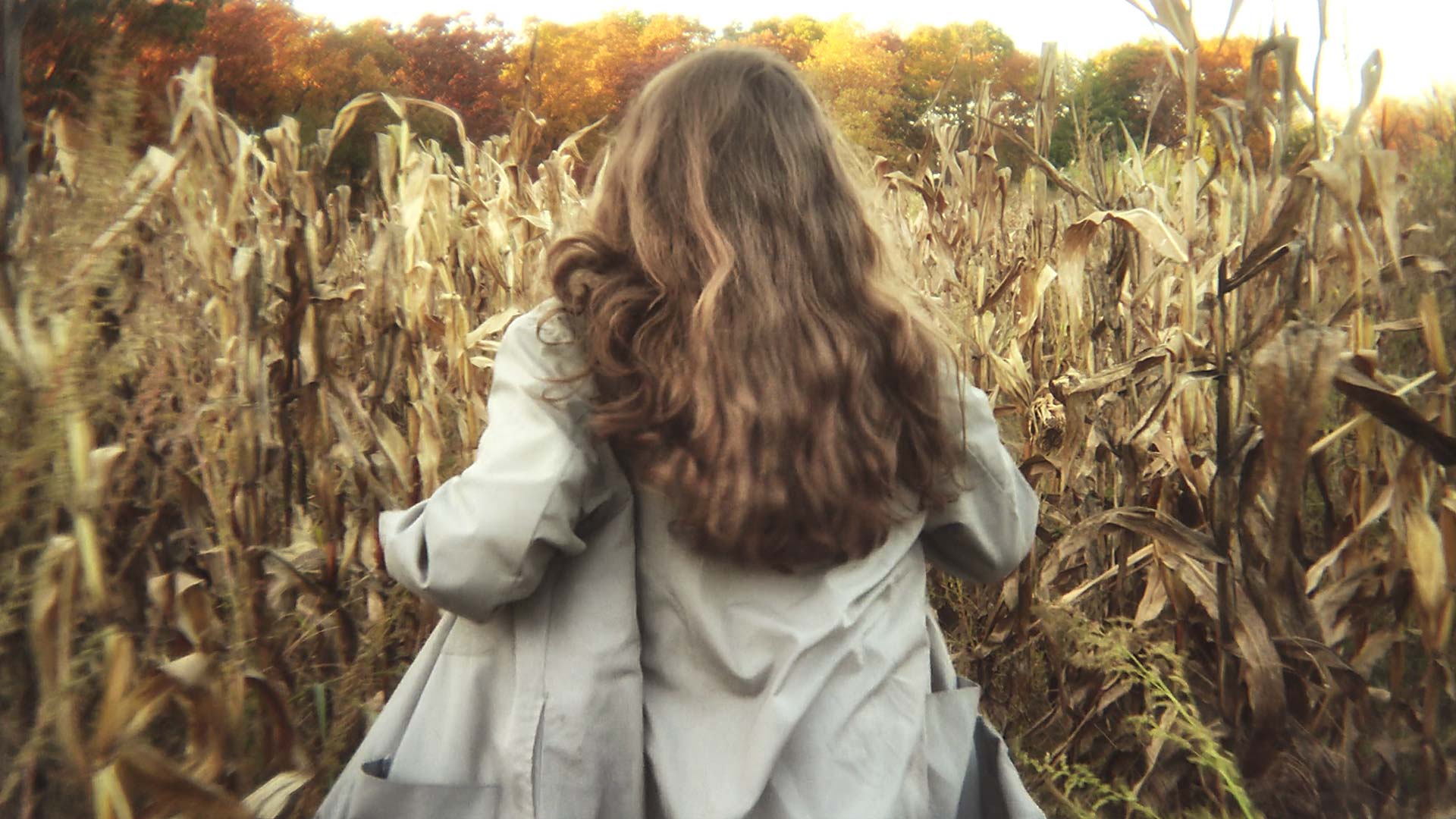Every year on February 11, we celebrate International Day of Women and Girls in Science, honoring women and girls’ contributions to a field long dominated by men. Among these trailblazers is Nobel laureate Barbara McClintock, whose groundbreaking work at Cold Spring Harbor Laboratory (CSHL) reshaped our understanding of genetics.
For the filmmaking competition Symbiosis, CSHL postdoc Penelope Lindsay teamed with filmmaker Nora Long to create a short film in one week. In homage to McClintock’s free spirit and deep connection with nature, the pair composed No Two Plants. The film celebrates the curiosity and wonder that fueled McClintock’s discovery of “jumping” genes—those that move within chromosomes, sometimes altering physical traits. Initially met with skepticism, this groundbreaking finding in maize crops earned McClintock the Nobel Prize over 30 years later.
A journey across time, space, and along the history of the maize plant, No Two Plants explores resilience and different ways of knowing.
McClintock’s path to scientific superstardom was far from straightforward. In fact, her theories were seen as so controversial for their time that she stopped submitting her research to academic journals altogether. Rather than listen to her detractors, McClintock listened to what nature was telling her. No Two Plants follows McClintock as she carves out a path for herself and her revolutionary ideas, forever changing the fields of genetics and plant biology. “The film explores the resilience, creativity, and challenges of women in science, using the story of Barbara McClintock as a lens to examine representation and innovation across generations,” says Lindsay, a plant biologist in CSHL Professor David Jackson’s lab.
It’s an experimental film about an experimental pioneer and her enduring legacy. We think McClintock would be proud.
Written by: Caroline Cosgrove, Community Engagement Manager | cosgrov@cshl.edu | 516-367-8844
